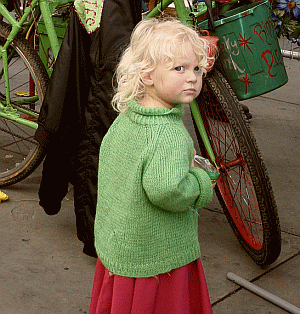
We live in a world of new and evolving threats, threats that could not have been anticipated when the UN was founded in 1945 - threats like nuclear terrorism, and states collapsing as a consequence of the witch's brew of poverty, disease, and civil war. The erosion of the state's capacity, anywhere in the world, weakens the protection of every state against transnational threats such as terrorism and organized crime. All states require international cooperation to make them secure.
This report is the outcome of the works of the High-level Panel on Threats, Challenges and Change, which was charged by the UN General Secretariat to generate new ideas on the kinds of policies and institutions required for the UN to be effective in the 21st century. In its report, the High-level Panel sets out a bold, new vision of collective security.
There are six clusters of threats with which the world must be concerned now and in the decades ahead: war between states; violence within states, including civil wars, large-scale human rights abuses and genocide; poverty, infectious disease and environmental degradation; nuclear, radiological, chemical and biological weapons; terrorism; and transnational organized crime.
To face this scenario, the UN must endow itself with the means for responding effectively to the full range of threats that confront us. The United Nations and its collective security institutions have proved along time that they were operational. Negotiations have allowed to put an end to numerous civil wars. The Nuclear Non-proliferation Treaty has helped prevent an increase in the states possessing nuclear weapons. The World Health Organization helped to stop the spread of SARS before it killed tens of thousands, perhaps more.
To face the threats, it is necessary to act through prevention, reaction to these threats, and through the reorganization of the institutional system. Prevention concerns issues like the fight against poverty; the building of security against diseases; the improvement of means for preventive diplomacy and mediation in face of the risk of war within the states and between them; respect of the agreements on the non-proliferation of nuclear, biological, and chemical weapons; negotiation of disarmament and non-construction of new centers for the enrichment and reprocessing of uranium; and organization and cooperation against international terrorism and criminality.
Besides prevention, many ways of facing threats are considered, among them, the proportionate use of force; the obligation to protect the civil populations against violence; the maintenance and restoration of peace; as well as post-conflict peace building.
Finally, the UN needs its existing institutions to work better. This means revitalizing the General Assembly and the Economic and Social Council, and restoring credibility to the Commission on Human Rights; increasing the credibility and effectiveness of the Security Council by making its composition more representative through involving new permanent members with no veto power, or involving new four-year, renewable seats; setting up a Peace-building Commission; improving collaboration with regional organizations.